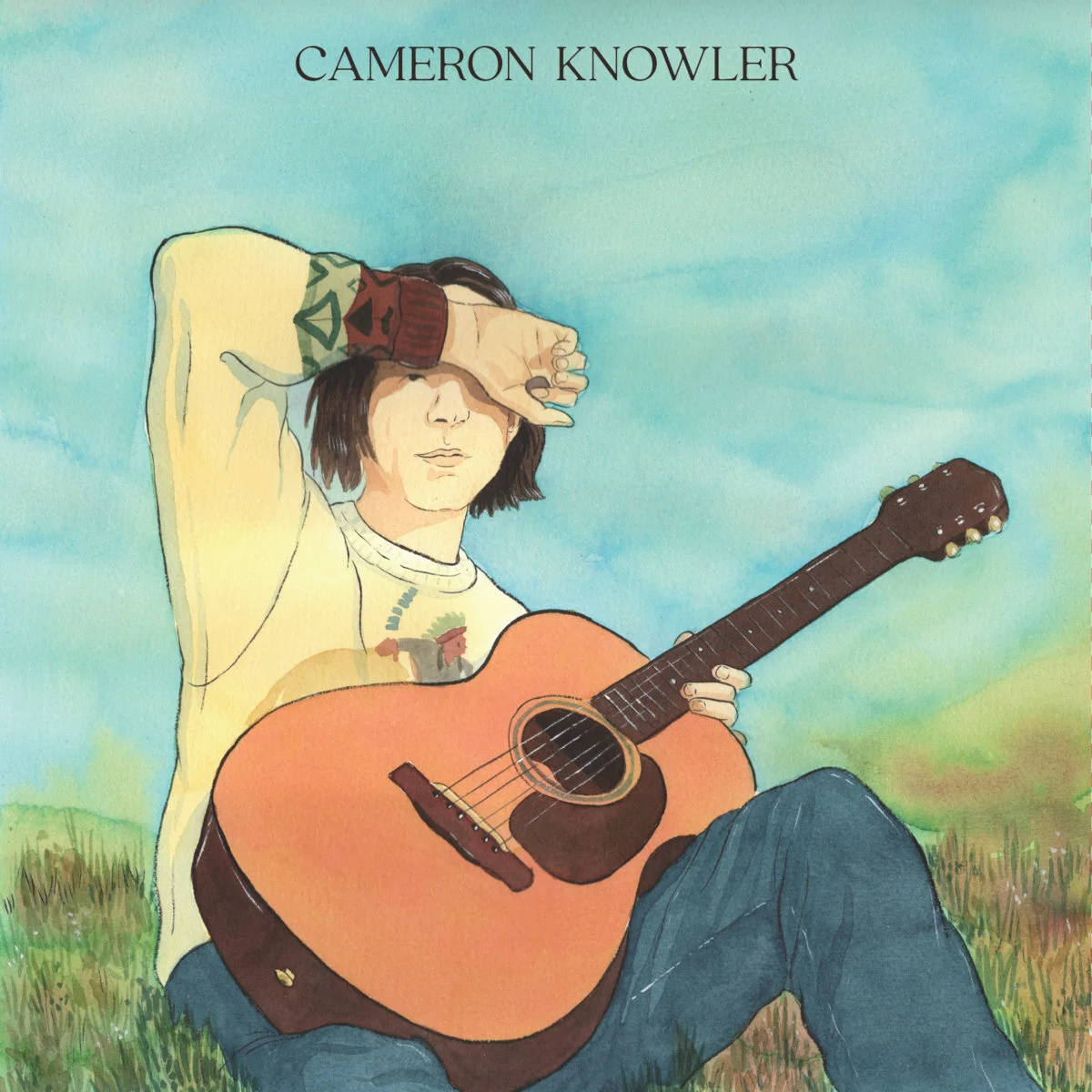Places of Consequence, Cameron Knowler
“The album’s loner, desert imagery harkens back to Knowler’s fascination with striking road movies like Paris, Texas.” — Vanessa Ague, Texas Monthly
“I’ve been in this record for a couple days. Cameron is soulful, inventive, and identifiable in his approach to these songs and his playing in general. Love the variances in tones and guitars used. Although not a strictly “flatpicking/bluegrass guitar” record, it does represent ties to those elements. Restrained, melody-rich, and well though out, it’s a welcome departure from the expected and shows a young musician who has roots in the greats like Blake and Watson, yet is forging his own 6-string path. Enjoy.” — Bob Minner on Places of Consequence
“Knowler offers up the ultimate Western mood music. Given the right place and time, it’s almost faultless.” — Americana UK
“I’m realizing it’s not that Cameron is a traditional guitarist, but rather a purist. He’s certainly not one to cling to strict rules and schools of thought, as may have been my original assumption, but one who is interested in digging through archives, keeping the things that are valuable, discarding accoutrements that are not, and moving the pieces he loves forward, highlighting the elements of historical prowess while giving it his fresh, modern take.” — Petal Motel
Album art by Katy Riddell, design by Laura Lee Blackburn-Washington
Responding to a comment that the foreground of his Western photographs feels like a stage set, the photographer and auteur Wim Wenders suggests, “that impression is basic to the American West. Everything people have built there has a highly theatrical air.” This animates Places of Consequence, the second album and first solo LP from Cameron Knowler, which deploys guitar and banjo as cinematic tools to soundtrack and investigate the region. “Despite the fact that the lightheartedness of youth lifts and the problematic components of the West reveal themselves over time,” Knowler says, “there are still ways of harnessing the space to richly creative ends.”
A lifelong Westerner and recent Los Angeles transplant, Knowler spent his childhood in Yuma, Arizona and Houston, Texas, where much of his learning was self-directed: riding dirt bikes in the desert, writing poetry, or visiting antique stores with his mother, who sold vintage glass beads. At seventeen, a bluegrass concert changed his life, and he began practicing guitar for twelve to sixteen hours a day, developing the quiet focus that permeates his music. As an instrumentalist largely eschewing fingerstyle technique, Knowler’s music presents as understated, but has much in common with the music of his peers. Like those of frequent collaborator Eli Winter, Knowler’s performances are affecting, his melodies intuitive and learned; like Yasmin Williams, his arrangements are lush and deceptively simple, informed by his jazz guitar studies at the University of Houston.
Album opener “I’m an Old Cowhand,” an old song about an inept cowboy who drives a Ford V8, is dense and striking, recalling Sonny Rollins’ seminal rendition or the Haitian dances of Frantz Casseus. Knotty, waggish electric miniatures like “Supertone Biome” or “Atelier de Stein” recall Terry Allen and Ry Cooder’s Paris, Texas soundtrack. “Puerto Suelo,” which features acoustic and electric guitars playing in unison and a small orchestra of kitchen utensils, exemplifies Knowler’s knack for gorgeous, understated melodies and studio experimentation, nodding to LA session wizards like Blake Mills or Sam Gendel. Elsewhere—”Don Bishop A” or “Sonora Road”—one might think of Chet Atkins or the criminally unregarded Robert Bowlin.
Knowler’s desert upbringing informs his willingness to use silence as a compositional tool. This becomes clear on the rich, moving “Second Train to Alamogordo,” whose notes commune with silence. It’s perhaps most evident on “Kuyina,” derived from Congolese accordionist Camille Feruzi and late, legendary fiddler Jon Bekoff, who passed moments after playing the song in his backyard. In Knowler’s arrangement—a tribute to his late mother—one senses the depth of his consideration, where something as small as a bent note nearly tears a hole in the song.
Katy Riddell’s album art suggests the inherent challenges of the album’s goal. “Her illustrative style,” Knowler says, “calls to mind a certain academic reserve, which I myself feel having grieved the place of my upbringing through my academically trained craft. Whereas I was once wishing to get out, I am now wishing to reenter in some ways. Both are futile pursuits.” Places of Consequence is testament to making the effort, and a document of Knowler’s clear talent.
released July 16, 2021

